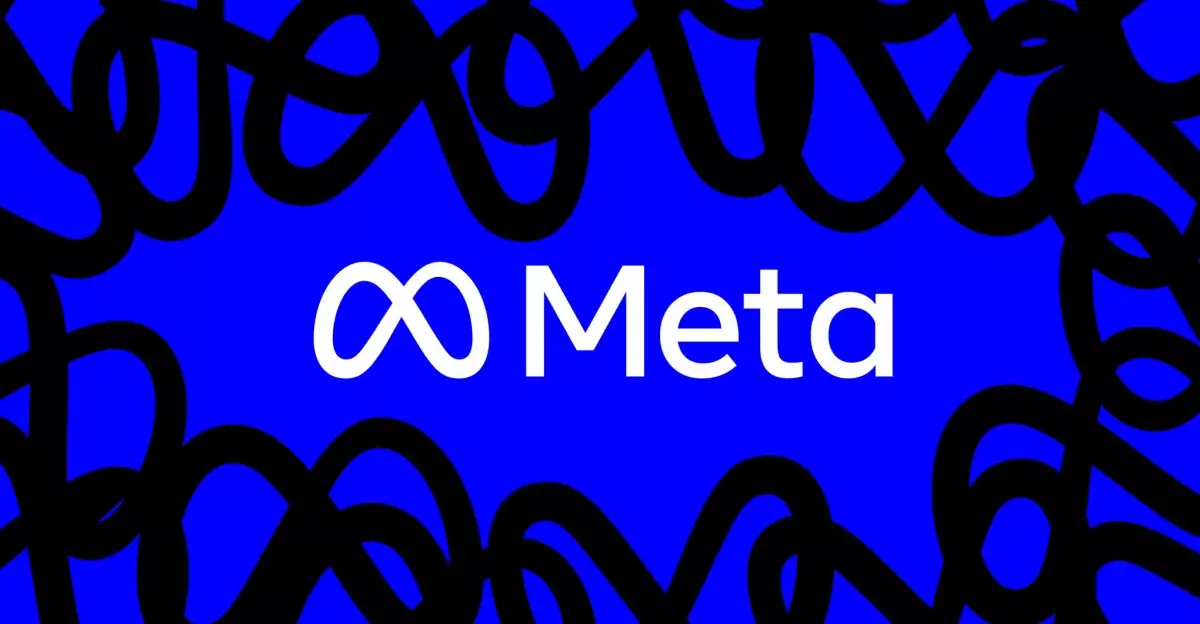With the increasing prevalence of online exploitation in today’s digital landscape, educational initiatives aimed at safeguarding young users are becoming paramount. Meta, the parent company of popular platforms like Facebook and Instagram, has taken a significant step in this direction by partnering with Childhelp, a nonprofit organization dedicated to supporting neglected and abused children. This collaboration has yielded a curriculum tailored for middle schoolers, offering essential lessons on how to identify and combat online threats, including sextortion scams and grooming tactics.
This curriculum, fully funded by Meta, is a commendable effort to provide resources at no cost to schools, parents, and organizations. By making this information freely accessible, Meta strives to educate a generation about navigating the complexities of both the digital and physical worlds. The curriculum includes comprehensive lesson plans, engaging classroom activities, and immersive videos designed to actively involve students in their learning process.
Collaborative Development for Maximum Impact
In crafting the curriculum, Meta did not work in isolation but instead collaborated with a host of child safety experts. Key contributors included the National Center for Missing & Exploited Children, the Department of Homeland Security, and Purdue University. This multidisciplinary approach ensures that the content is grounded in research and real-world experience, further enhancing its effectiveness.
The involvement of organizations like Thorn, which focuses on developing technical solutions to endchild sexual exploitation, signifies a commitment to a serious issue. By leveraging the expertise of these organizations, Meta’s curriculum is designed not just to inform students, but to empower them with the knowledge they need to protect themselves. This proactive approach can potentially alter the narrative around online safety, shifting from a reactive stance to empower youth to identify and fend off threats.
As lawmakers increasingly scrutinize online platforms regarding child safety, Meta’s initiatives represent a timely response. Recent legislative efforts, such as the Kids Online Safety Act and COPPA 2.0, underscore the growing prioritization of youth protection in digital spaces. Additionally, Meta has made specific adjustments to its platform, such as setting all teen accounts to private by default and blurring potentially harmful content for younger users.
While such measures are significant, they also face numerous legal challenges. Various states have begun implementing their own social media safety regulations, which highlight a patchwork of laws that can complicate enforcement. Nevertheless, these initiatives demonstrate a collective recognition of the need to create safer online environments for children.
Antigone Davis, Meta’s global safety chief, emphasized the company’s ongoing commitment to protecting young users on its platforms. The introduction of the education curriculum reaffirms Meta’s position not merely as a content provider but as a responsible corporate citizen invested in the welfare of its user base.
By providing resources that empower both students and educators, Meta is fostering a culture of awareness and resilience among youth in the face of prevalent online dangers. It is through these initiatives that Meta aims not only to comply with emerging regulations but to cultivate a generation informed about their digital rights and safety responsibilities. This multifaceted approach may prove to be a pivotal strategy in reshaping the future of online interactions for young individuals.

